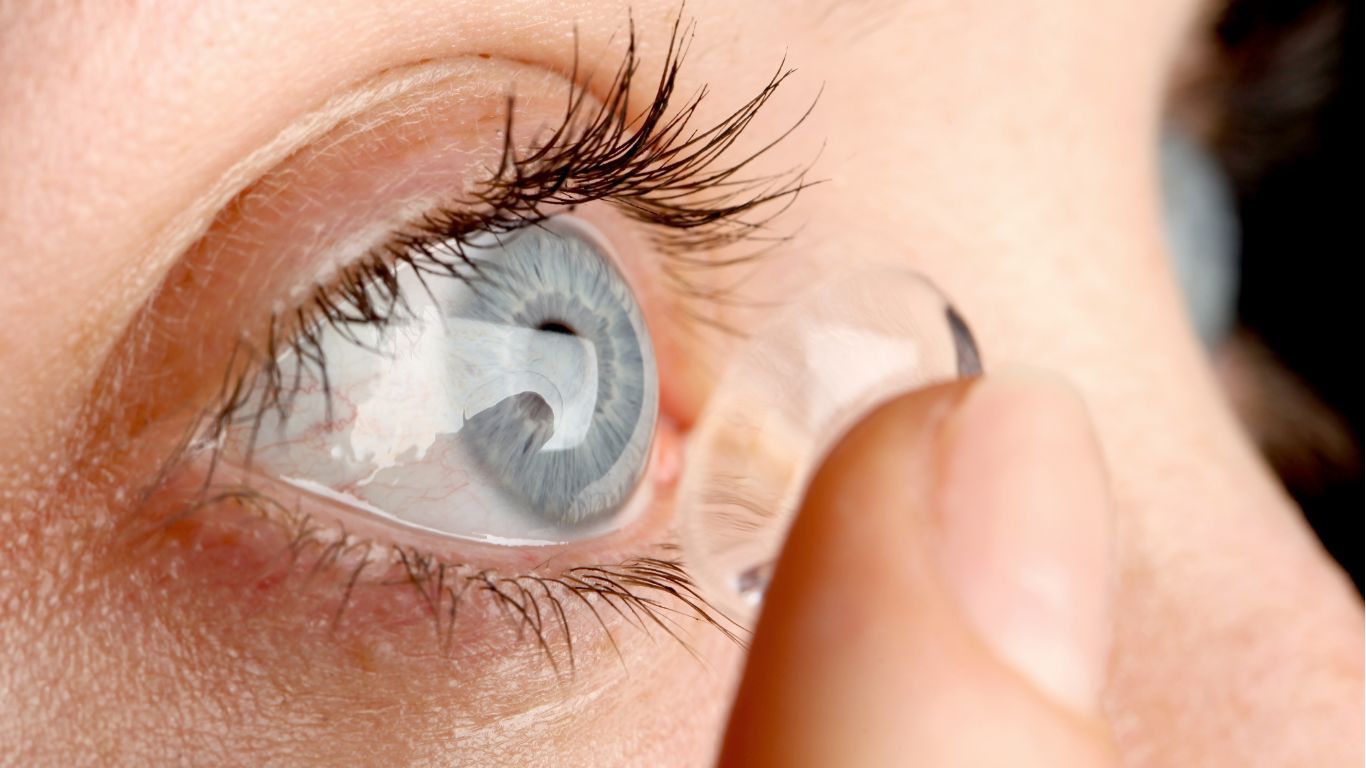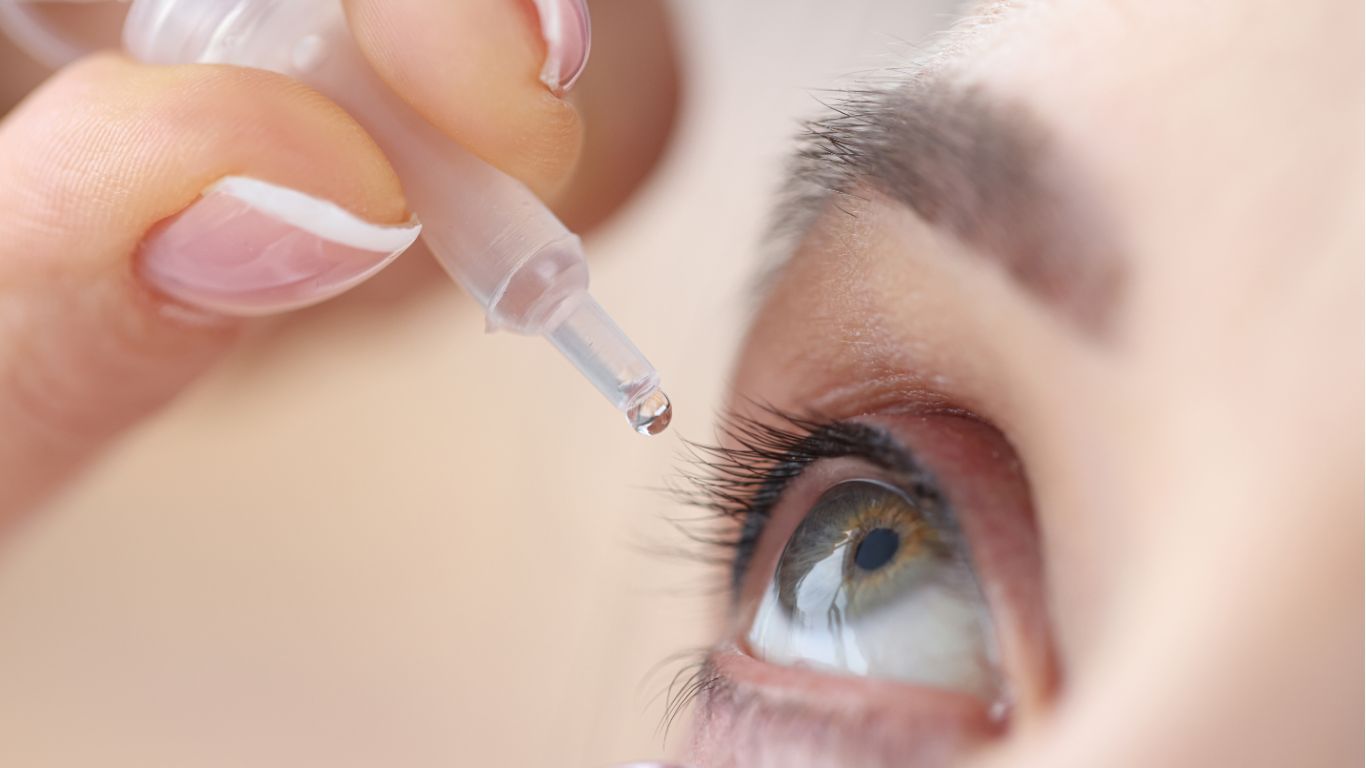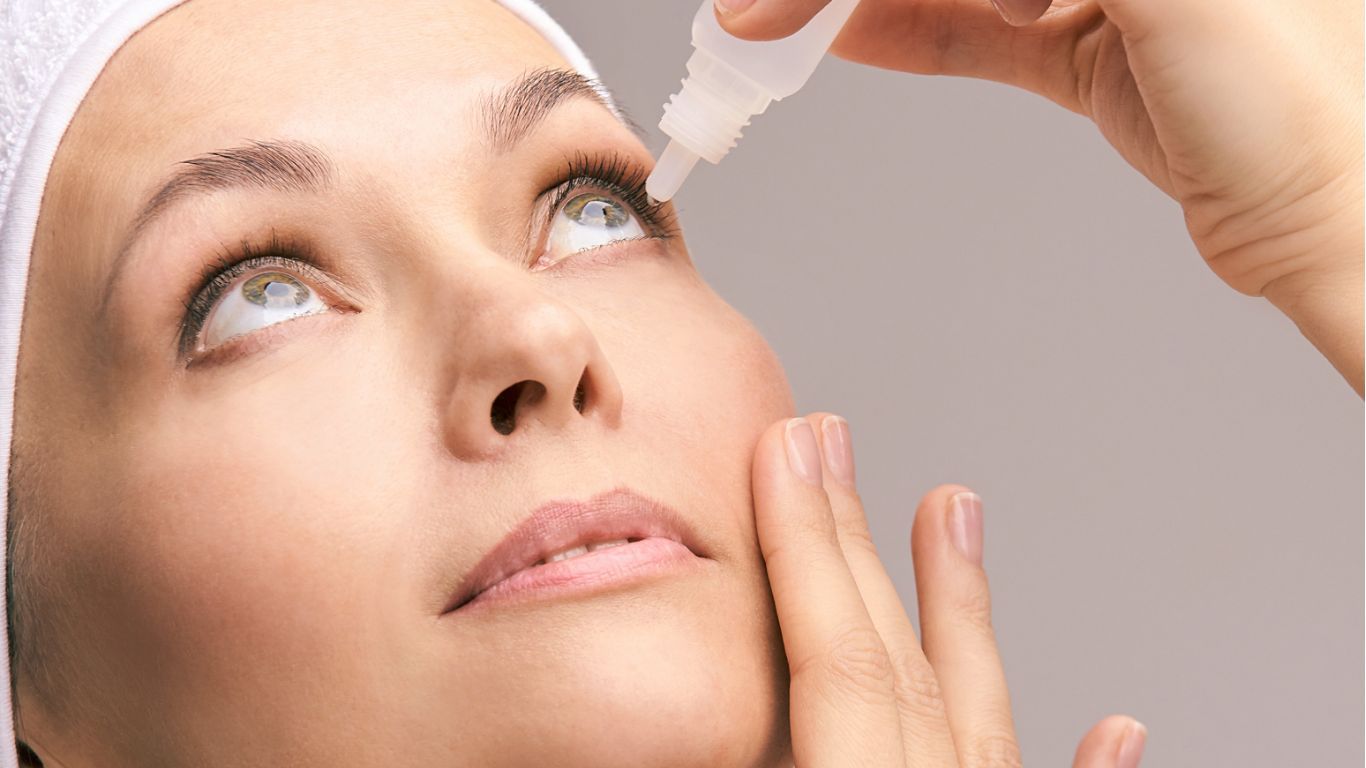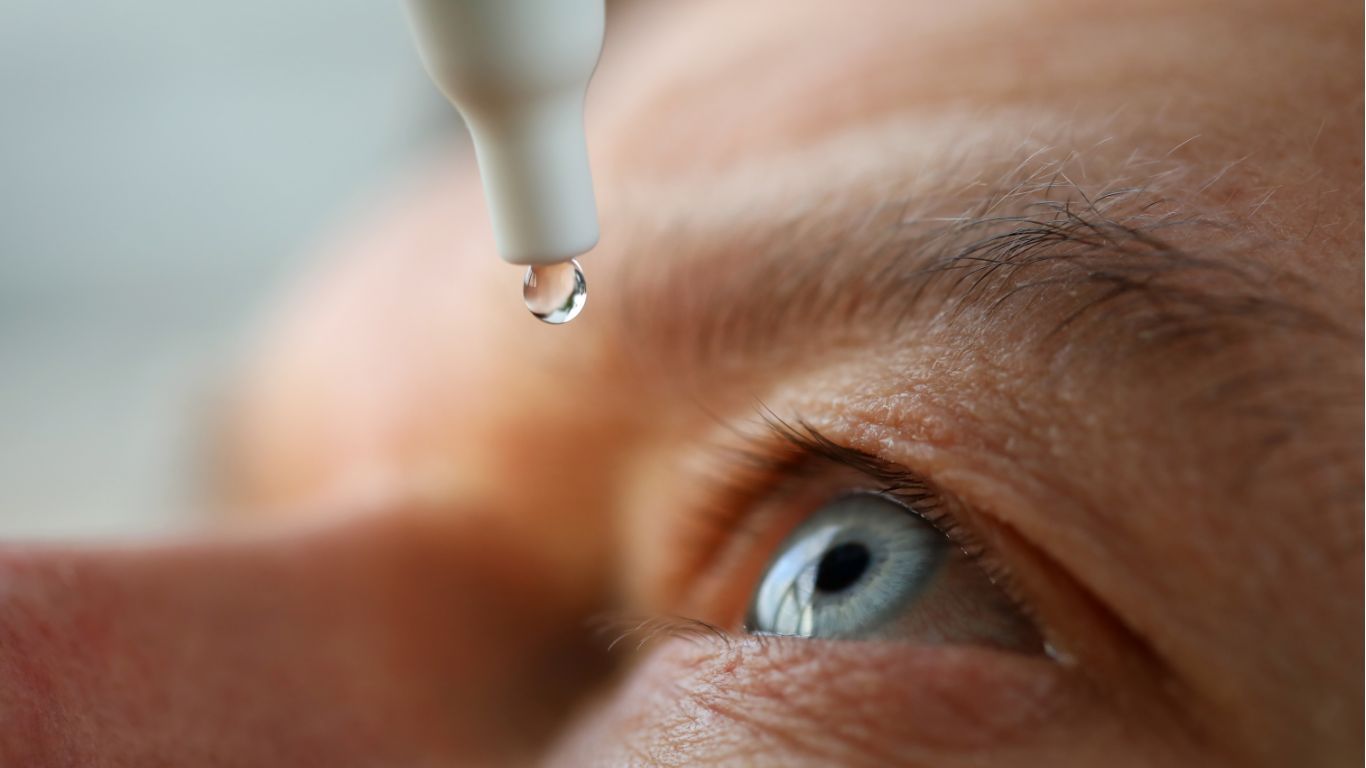Living with diabetes means paying close attention to your overall health, but one area that’s often overlooked is your vision. High blood sugar doesn’t just affect energy levels or internal organs — it can quietly and progressively damage the eyes. In fact, diabetes is one of the leading causes of blindness in adults. The good news is that with early detection and specialized diabetic eye care, you can protect your eyesight and maintain clear vision for years to come.
At Frame Bar. Co in Oceanside, NY, we specialize in comprehensive diabetic eye exams that go far beyond a standard vision check. Our goal is simple: catch eye disease early, treat it effectively, and help you preserve your vision.
Why People with Diabetes Are at Higher Risk for Eye Problems
Diabetes affects the body in many ways, but one of the most serious impacts is on the blood vessels. High blood sugar levels over time can damage tiny blood vessels throughout the body, including those in the retina — the light-sensitive tissue at the back of the eye.
This damage doesn’t always cause symptoms right away. In fact, many diabetes-related eye conditions develop silently, making them especially dangerous. You may not notice vision changes until the disease has already progressed.
Without proper monitoring, this can lead to conditions such as:
- Diabetic Retinopathy: Damage to retinal blood vessels that can cause bleeding, scarring, and vision loss.
- Macular Edema: Swelling in the macula, the central part of the retina responsible for sharp vision.
- Glaucoma: Increased eye pressure that can damage the optic nerve.
- Cataracts: Clouding of the eye’s lens that can occur earlier and more aggressively in people with diabetes.
Because these risks are higher for individuals with diabetes, regular diabetic eye care exams are essential.
The First Warning Signs You Should Never Ignore
One of the most concerning aspects of diabetic eye disease is that it often develops without noticeable symptoms. Still, there are some early signs you should pay attention to:
- Blurred or fluctuating vision: Difficulty focusing, especially when blood sugar levels fluctuate.
- Dark spots or floaters: Seeing specks, cobwebs, or shadows in your vision.
- Sudden vision changes: Rapid worsening of eyesight in one or both eyes.
- Difficulty seeing at night: Struggling with low-light vision, even if daytime vision seems fine.
- Frequent prescription changes: Needing new glasses or contacts more often than usual.
- Eye pain or pressure: A potential sign of glaucoma or other serious issues.
If you notice any of these symptoms, it’s crucial to schedule a diabetic eye exam right away. At Frame Bar. Co, we have the tools and expertise to identify the underlying cause and prevent further damage.
The Most Common Diabetes-Related Eye Conditions
Diabetes doesn’t affect everyone’s eyes in the same way. Some people may develop one condition, while others face multiple issues over time. Here are the most common eye problems linked to diabetes:
1. Diabetic Retinopathy
- Non-Proliferative Stage: Blood vessels in the retina weaken and may leak fluid or blood.
- Proliferative Stage: New, fragile blood vessels grow and can cause severe vision problems if they bleed or form scar tissue.
- Without treatment, diabetic retinopathy is a leading cause of blindness.
2. Macular Edema
- Swelling in the macula, which is responsible for central vision.
- Can cause distortion, blurred vision, and difficulty with reading or recognizing faces.
3. Glaucoma
- Diabetes doubles the risk of glaucoma.
- High eye pressure damages the optic nerve, often without early symptoms.
- Vision loss from glaucoma is permanent if not caught early.
4. Cataracts
- Clouding of the eye’s natural lens.
- People with diabetes often develop cataracts earlier and at a faster rate.
The key takeaway? These conditions may progress quietly. That’s why diabetic eye care at Frame Bar. Co focuses on proactive detection before serious damage occurs.
What Happens During a Diabetic Eye Exam
A diabetic eye exam is more in-depth than a regular vision test. At Frame Bar. Co, we use advanced technology and specialized techniques to identify even the earliest signs of disease. Here’s what you can expect:
- Pupil Dilation: Allows us to thoroughly examine the retina and optic nerve for signs of damage.
- Retinal Imaging: High-resolution scans track changes in the retina over time.
- Glaucoma Testing: Measures the pressure inside the eye to catch glaucoma early.
- Macular Assessment: Checks for swelling or fluid buildup in the macula.
- Vision Review: Ensures your glasses or contact lens prescription is up-to-date.
- Progress Monitoring: Regular follow-ups to compare changes and adjust treatment as needed.
This comprehensive approach ensures nothing is overlooked, giving you the best chance at long-term healthy vision. To learn more, visit our page on diabetic eye care exams.
Preventing Vision Loss with Ongoing Eye Care
The most effective way to prevent diabetes-related vision loss is through consistent, specialized care. Here’s how to protect your eyes:
- Schedule Annual Exams: Most people with diabetes should have a diabetic eye exam at least once a year — sometimes more often if your doctor recommends it.
- Control Blood Sugar: Keeping glucose levels stable reduces stress on blood vessels in the eyes.
- Manage Blood Pressure & Cholesterol: These also contribute to retinal damage if uncontrolled.
- Report New Symptoms Immediately: Don’t wait until your next exam if you notice vision changes.
- Work with a Trusted Specialist: At Frame Bar. Co, we coordinate with your primary care physician or endocrinologist to create a personalized care plan.
By combining proactive medical management with specialized eye care, you can drastically reduce the risk of vision loss.
Frequently Asked Questions About Diabetic Eye Care
1. How often should I have an eye exam if I have diabetes?
Most adults with diabetes should schedule an exam every year. If you already have signs of diabetic retinopathy, you may need more frequent visits.
2. What are the first signs of diabetic eye problems?
Blurred vision, floaters, and trouble seeing at night are early red flags. However, sometimes there are no symptoms until the condition has advanced — which is why annual exams are so critical.
3. Can diabetic retinopathy be reversed?
While early stages can sometimes improve with better diabetes management, advanced retinopathy usually requires treatment to prevent further vision loss.
4. How does diabetes increase the risk of glaucoma and cataracts?
High blood sugar damages blood vessels and affects the fluid balance in the eyes, leading to higher pressure and earlier lens clouding.
5. What can I do to protect my vision if I have diabetes?
Maintain good blood sugar control, eat a balanced diet, avoid smoking, and keep up with regular eye exams at a trusted provider like
Frame Bar. Co.
Conclusion: Protect Your Eyes Before It’s Too Late
Diabetes may be a lifelong condition, but vision loss doesn’t have to be part of it. With the right care, you can catch problems early and take steps to protect your eyesight.
At Frame Bar. Co in Oceanside, NY, we’re committed to helping patients with diabetes maintain clear, healthy vision through comprehensive diabetic eye exams and personalized care plans.
Don’t wait until you notice changes in your vision — early detection saves sight. Schedule your diabetic eye exam today and take the first step toward protecting your long-term eye health.
Comments:
Send us a Message
Your email address will not be published. Required fields are marked *
Blog - Website Form
Recent Post:
Join Our Frame Bar. Co Family
Become part of our vision and beauty community—book your appointment today for expert care and service.










